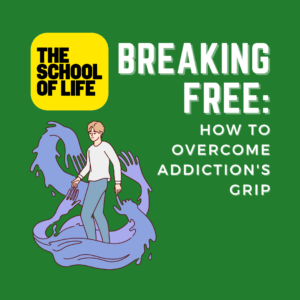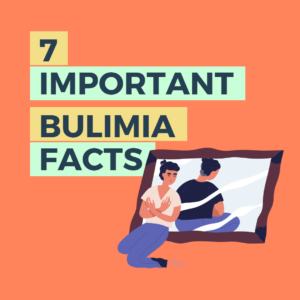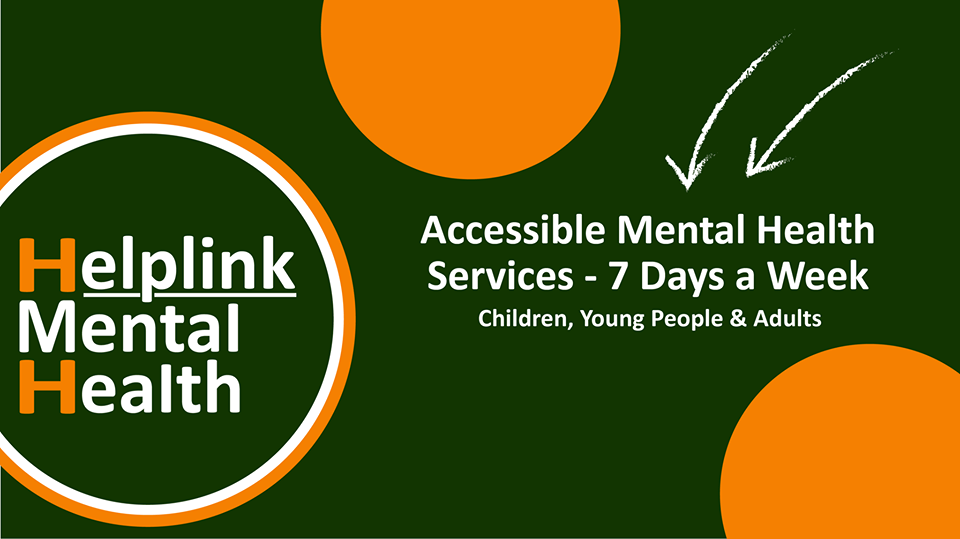What is an Eating Disorder?
What is an eating disorder? An Eating disorder is a mental health disorder where someone deals with emotional distress through food and weight management.
A person with an eating disorder can judge their self-worth solely on their shape and weight, leading to an obsession with diet, exercise and weight control.
Common symptoms of an eating disorder include:
- strict diet rules
- anxiety around meal times
- avoiding eating in social settings
- purging
- binge eating
- over-exercising
- distorted body image
- sensitivity to comments about exercise, food, or body shape
- weight loss or weight changes
- changes to, or loss of, menstrual cycle
- swelling around the cheeks or damage to teeth from vomiting.
If you have an eating disorder, you can go through any mix of these symptoms. You may also have some of these symptoms without having an eating disorder.
The most common types of eating disorders are:
- anorexia nervosa
- bulimia nervosa
- binge eating disorder
- other specified feeding and eating disorders.
If you are worried that you or someone you love might have an eating disorder, it is important to get help.
There are a number of professionals who can help manage different aspects of symptoms, in the fields of:
- nutritional rehabilitation, or restoring normal eating habits and weight
- physical health management
- psychological and psychiatric, or mental health management.
If you have questions about eating disorders, you can visit the St Patrick’s Mental Health Services website for more:
https://www.stpatricks.ie/mental-heal…
You can also speak with an experienced mental health nurse in our Support and Information Service:
https://www.stpatricks.ie/getting-hel…
—
Learn more about eating disorders:




